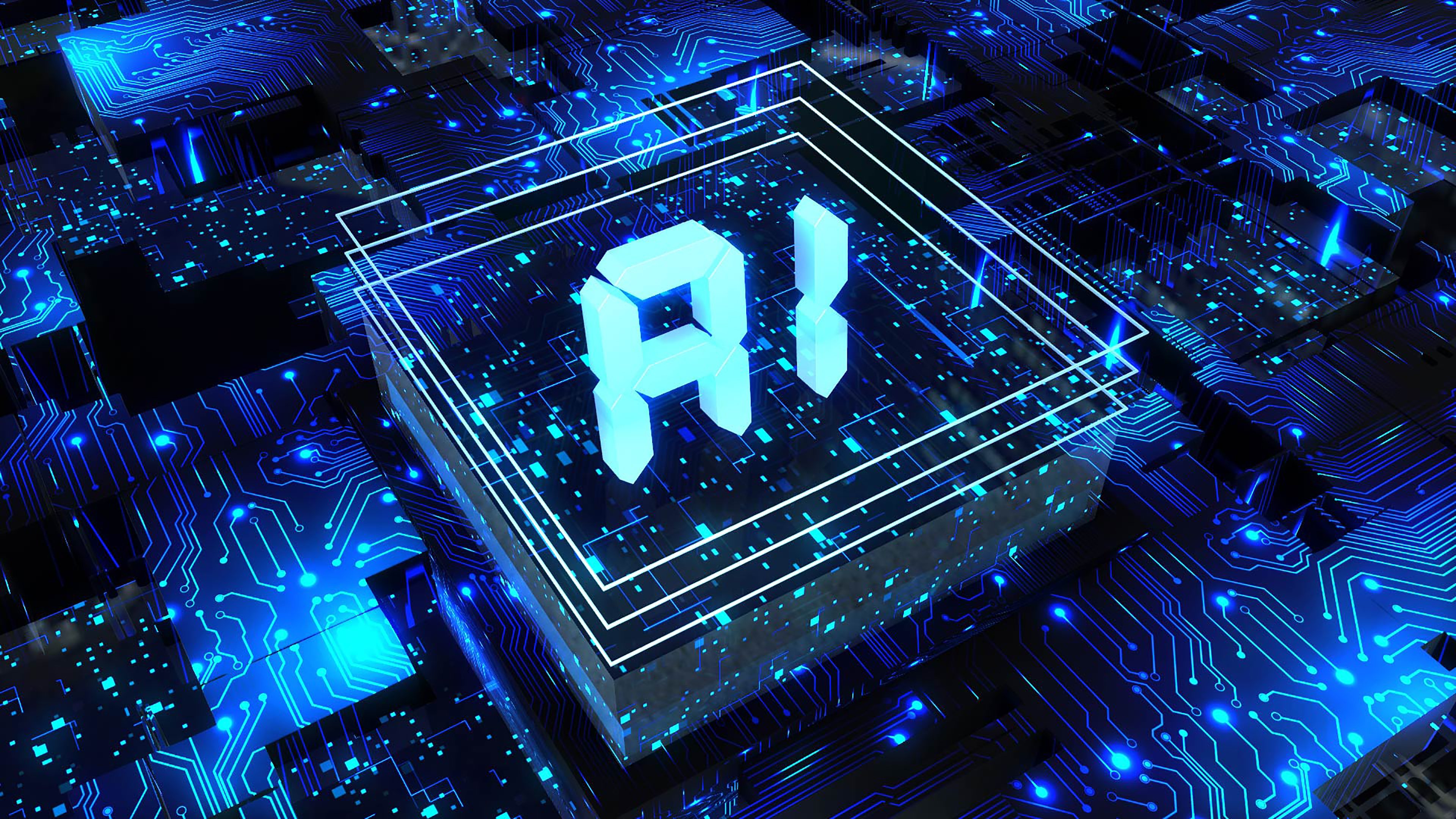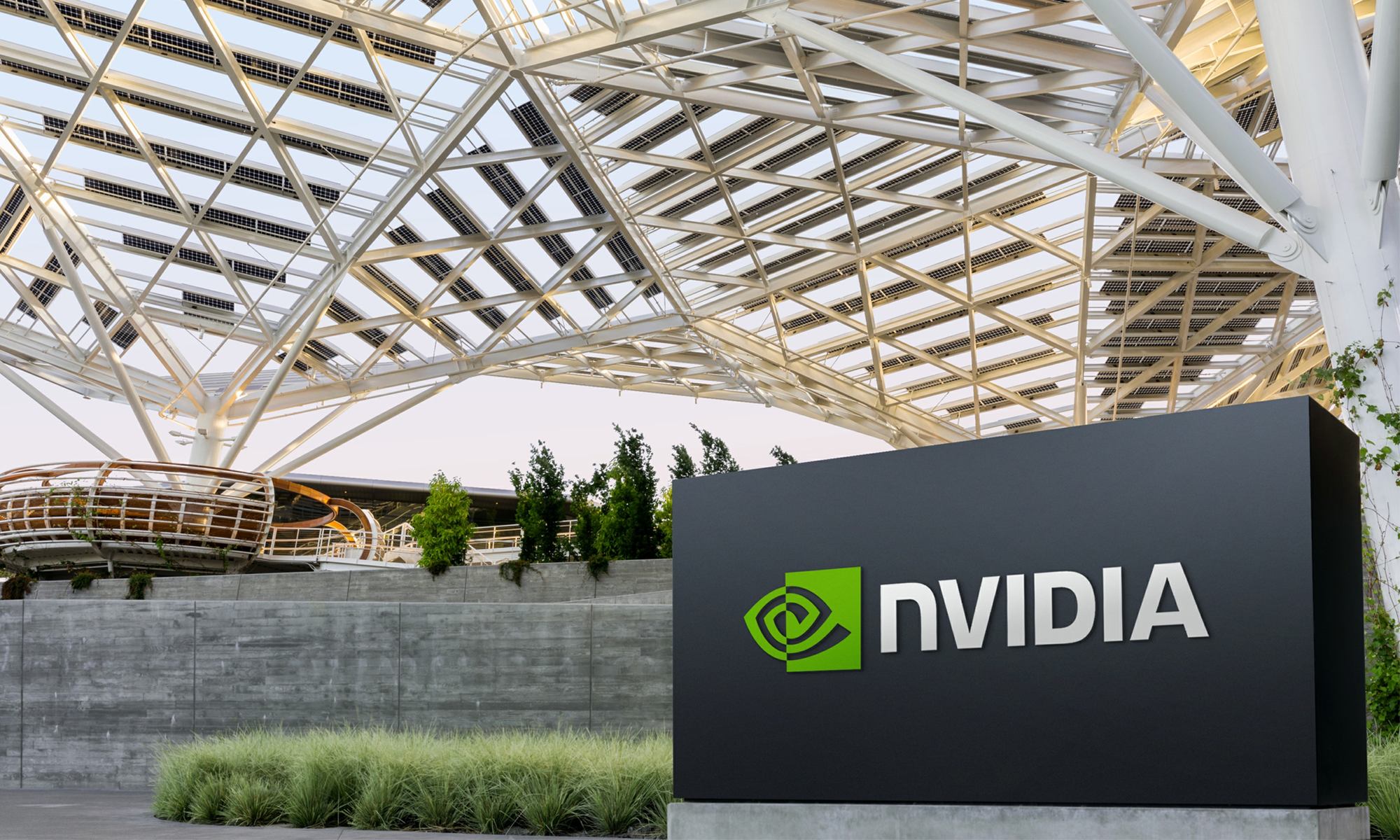This article was updated April 10, 2018, and originally published on January 8, 2017.
NVIDIA (NVDA 2.82%) is primarily known as the company that revolutionized computer gaming. The debut of the Graphics Processing Unit (GPU) in 1999 provided gamers with faster, clearer, and more lifelike images. The GPU was designed to quickly perform complex mathematical calculations that were necessary to accelerate the creation of realistic graphics. It achieved this feat by performing many functions at the same time, known as parallel computing. This resulted in faster, smoother motion in-game graphics and a revolution in modern gaming.
NVIDIA is the leader with a 66.3% share of the discrete desktop GPU market share. Its capacity to perform complex parallel calculations has thrust the humble GPU into an emerging technology that may be the greatest driver of NVIDIA's growth going forward. Its CEO has called it the "next era of computing." This emerging technology is artificial intelligence (AI).
To get a sense of how important this area is to NVIDIA, consider this: In its February 2018 conference call, AI was mentioned 40 times, and two of its four multibillion-dollar growth drivers are AI-based.

The next era of computing -- artificial intelligence. Image source: Getty Images.
In a 2016 interview, NVIDIA founder and CEO Jen-Hsun Huang had this to say:
The markets that we've talked about don't really exist. They're just beginning ... We're about three months into it; it's really early. We're going to see a lot more writing about the capabilities of deep learning ... Deep learning is ... a framework for artificial intelligence to be applied by engineers. And now it's going to be used in all kinds of places. Deep learning is a killer technology.
Deep learning
So, what is this "killer" technology? Deep learning is a specific technique of artificial intelligence that focuses on teaching computers to learn. It uses a computer simulation of the human brain called an artificial neural network to mimic our capacity to learn. By feeding it massive sets of data and using complex algorithms, the neural network learns to recognize similarities and distinguish differences. In its simplest terms, the computer learns to recognize patterns from large quantities of data. The speed and parallel computing capabilities of GPUs have led directly to these advances in deep learning.

NVIDIA GPUs are powering AI. Image source: NVIDIA.
In the quarter ended January 2018, NVIDIA reported record revenue of $2.91 billion, up 34% year over year; record earnings per diluted share of $1.78, up 70% year over year; and record gross margin of 61.9%. This performance was the result of strength across its products lines. The most impressive growth, though, is the data center line item that includes GPUs specifically for AI. This doubled year over year from $296 million to $606 million and now accounts for 21% of the company's revenue. This is easily NVIDIA's fastest growing market.
NVIDIA has been developing solutions geared for that market. It boasts an end-to-end AI platform, a similar self-driving car platform, and GPUs specifically designed for deep learning. The validation of its strategy are numerous recent high-profile partnerships.
Sunshine on a cloudy day

Image source: Microsoft.
NVIDIA announced it would be collaborating with Microsoft (MSFT 2.86%) in the design of its upcoming server chip by including and optimizing an enterprise AI framework. This will run on Microsoft's Azure cloud and its own premises servers. It will also be using NVIDIA's latest GPUs in conjunction with Microsoft's Cognitive Toolkit. According to the press release, the GPU-accelerated Cognitive Toolkit performs deep learning that was 170 times faster than the CPUs that were previously used in such operations.
Microsoft had announced its own initiatives that show an increasing commitment to an already strong AI investment with the formation of Microsoft AI plus Research Group, a 5,000-person research and development team dedicated solely to AI. This group joins its Experiences and Devices, and its Cloud plus AI Platform groups. It plans to infuse each of its applications with AI, making it available to every app developer in the world, and build the world's most powerful AI supercomputer with Azure. This year might be just a start.
He won on Jeopardy

The first server optimized for NVIDIA GPUs. Image source: IBM.
IBM (IBM 6.28%) and NVIDIA announced that they had produced the first server optimized for NVIDIA's newest GPUs. This partnership would accelerate the training of deep learning neural networks faster than the traditional design. This was achieved by connecting the GPUs directly to the servers' processors using a special high-speed link that reduces bottlenecks and increases processing speed. Additionally, they announced a deep learning software toolkit, called IBM PowerAI, which would run on the optimized server. This combination provides an easy-to-deploy system for enterprise data and research scientists who are involved in AI research.
IBM is an AI powerhouse in its own right as a result of its early work on Watson, its supercomputer that combines AI with data analytics. IBM recently released a software platform made available to developers that allows them to embed Watson into their own apps. Over 80,000 developers downloaded the software for testing. They currently have over 500 industry partners in the healthcare, retail, financial services, and consumer products. This focus on the emerging field of AI may turn this stodgy IT company into a global juggernaut.

Drive PX 2 will power Tesla's self-driving systems. Image source: NVIDIA.
She drives me crazy
Tesla (TSLA +0.00%) announced that all of its vehicles, the Model S, the Model X, and the Model 3, will feature an onboard supercomputer that will enable full self-driving capability. This system will include the NVIDIA DRIVE PX 2 platform. Future software updates will enable fully autonomous operation. This system delivers over 40 times the processing power of the previous technology and runs a new neural network for vision, sonar, and data processing.
Baidu (BIDU 2.48%), often called the Google of China, is another company on the cutting edge of AI innovation, and it is continuing its long partnership with NVIDIA. The two companies announced that NVIDIA's DRIVE PX 2 AI supercomputer would serve as the foundation for Baidu's self-driving car architecture and would result in a cloud-to-car autonomous driving platform. The technology would combine Baidu's cloud platform and mapping technology with NVIDIA's self-driving computing platform. This would result in HD maps, autonomous vehicle control, and automated parking solutions.
Foolish final thoughts
It seems the race for AI supremacy is on. Deep learning is at the bleeding edge of technological innovation, and it's powered by NVIDIA. Jen-Hsun Huang, its founder and CEO, said it best:
We have invested years of work and billions of dollars to advance deep learning. Our GPU deep learning platform runs every AI framework, and is available in cloud services from...IBM, Microsoft ... and in servers from every OEM. GPU deep learning has sparked a wave of innovations that will usher in the next era of computing.










